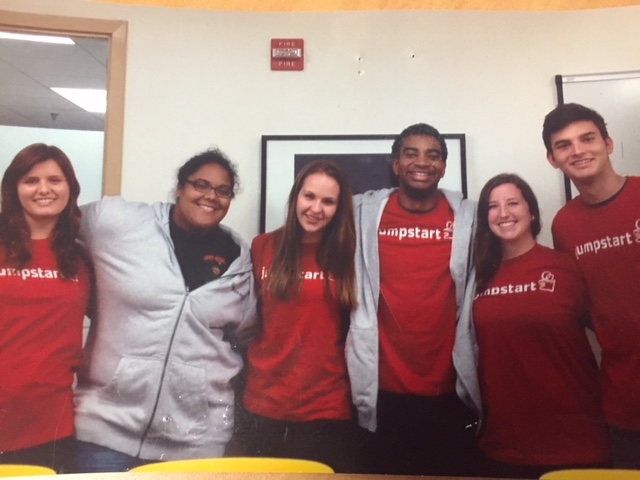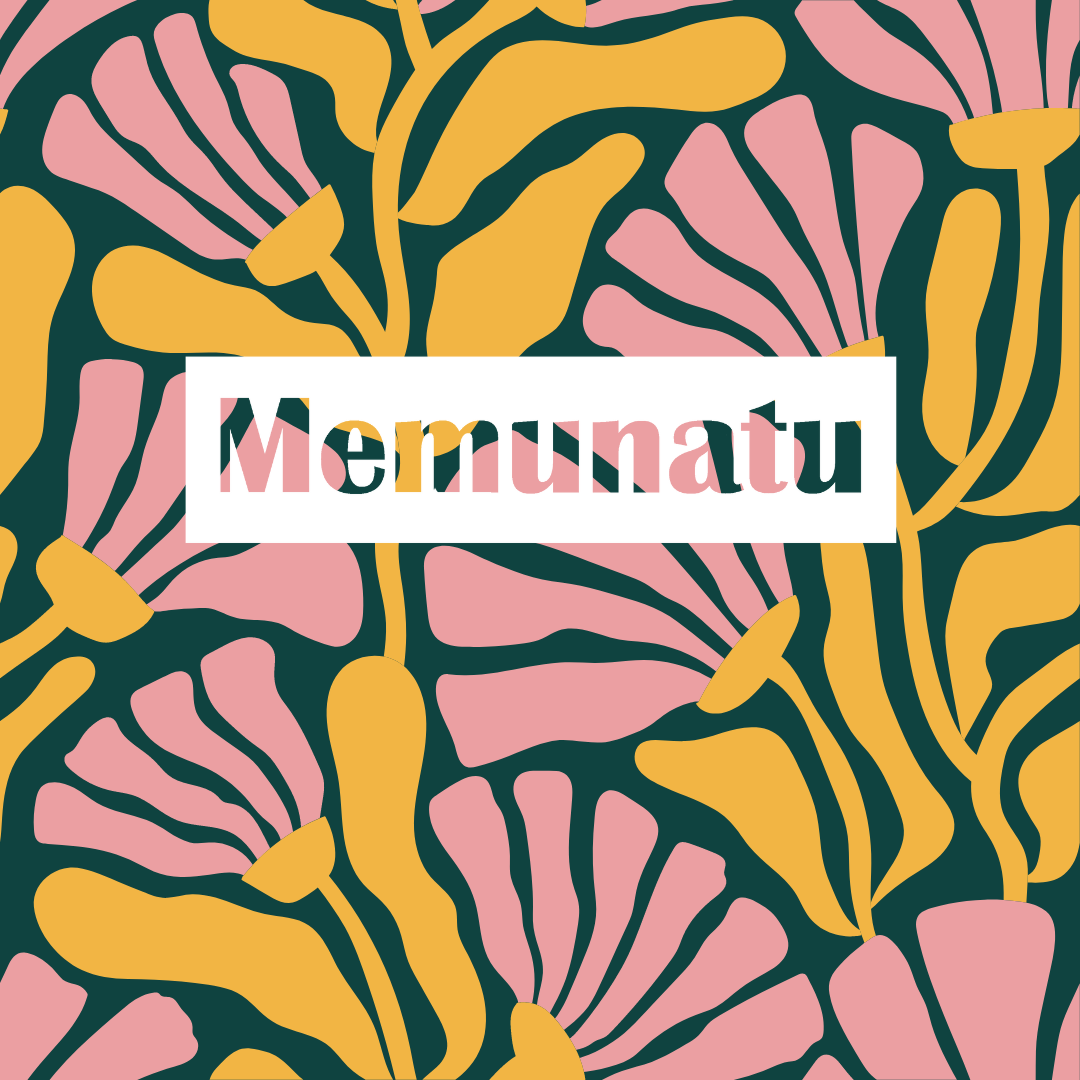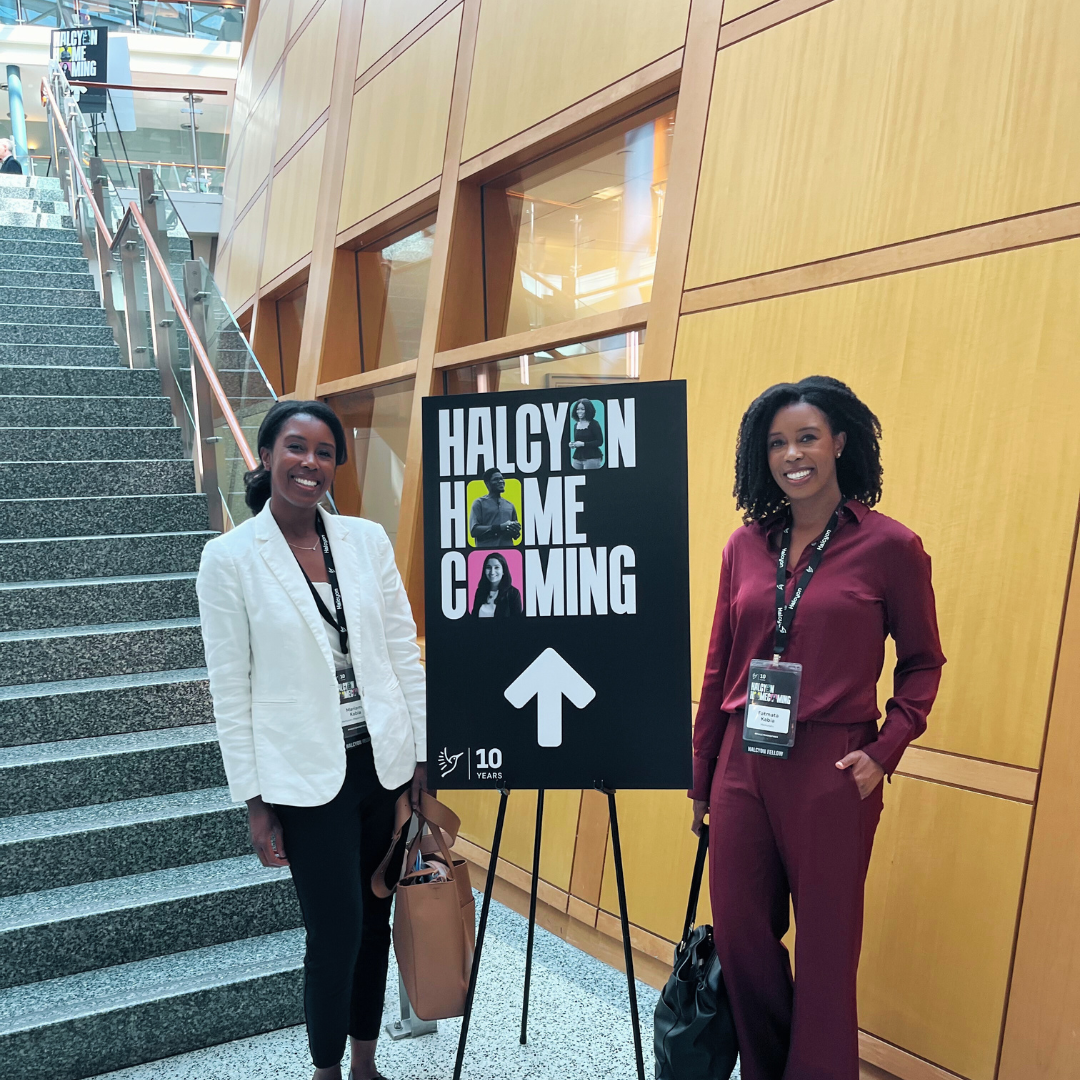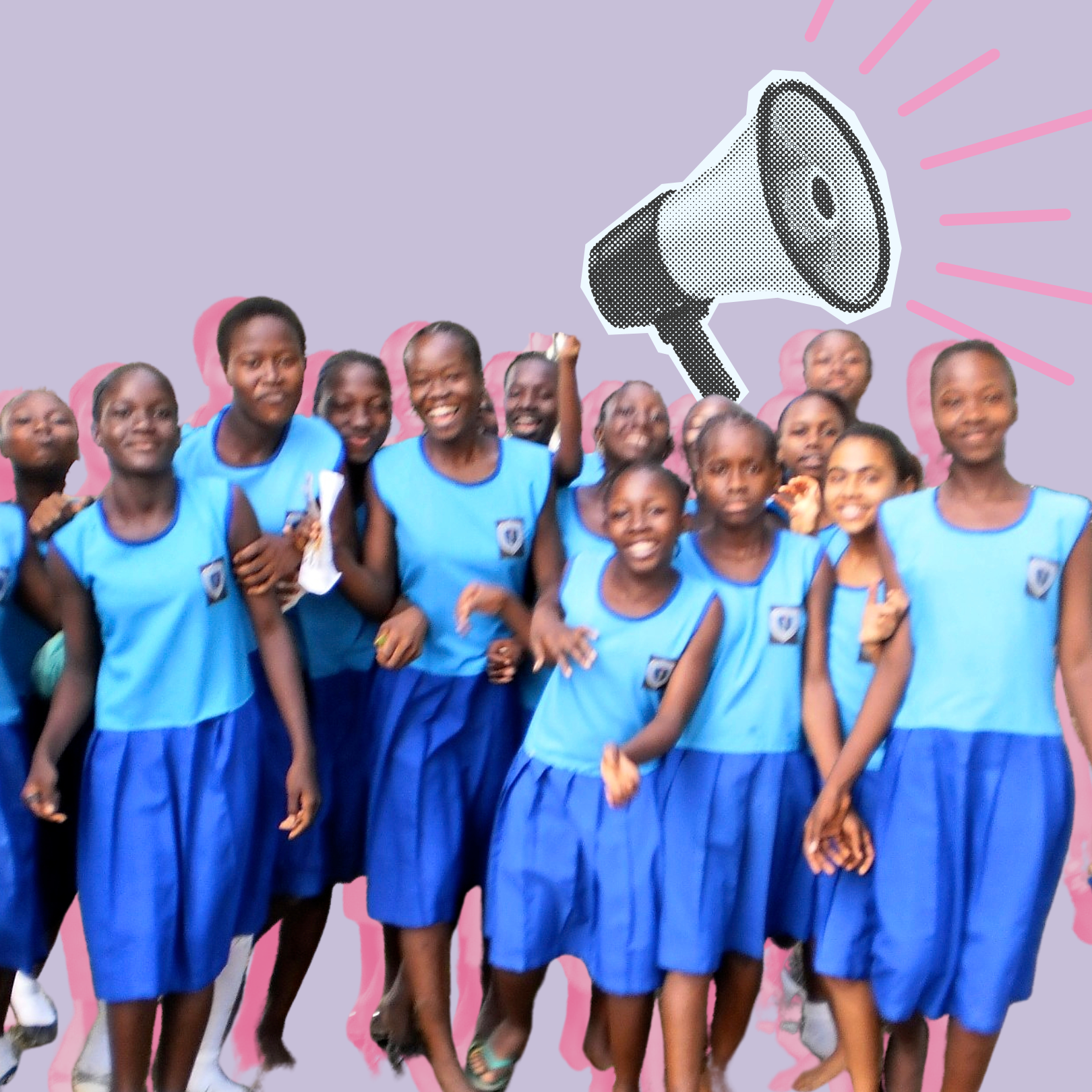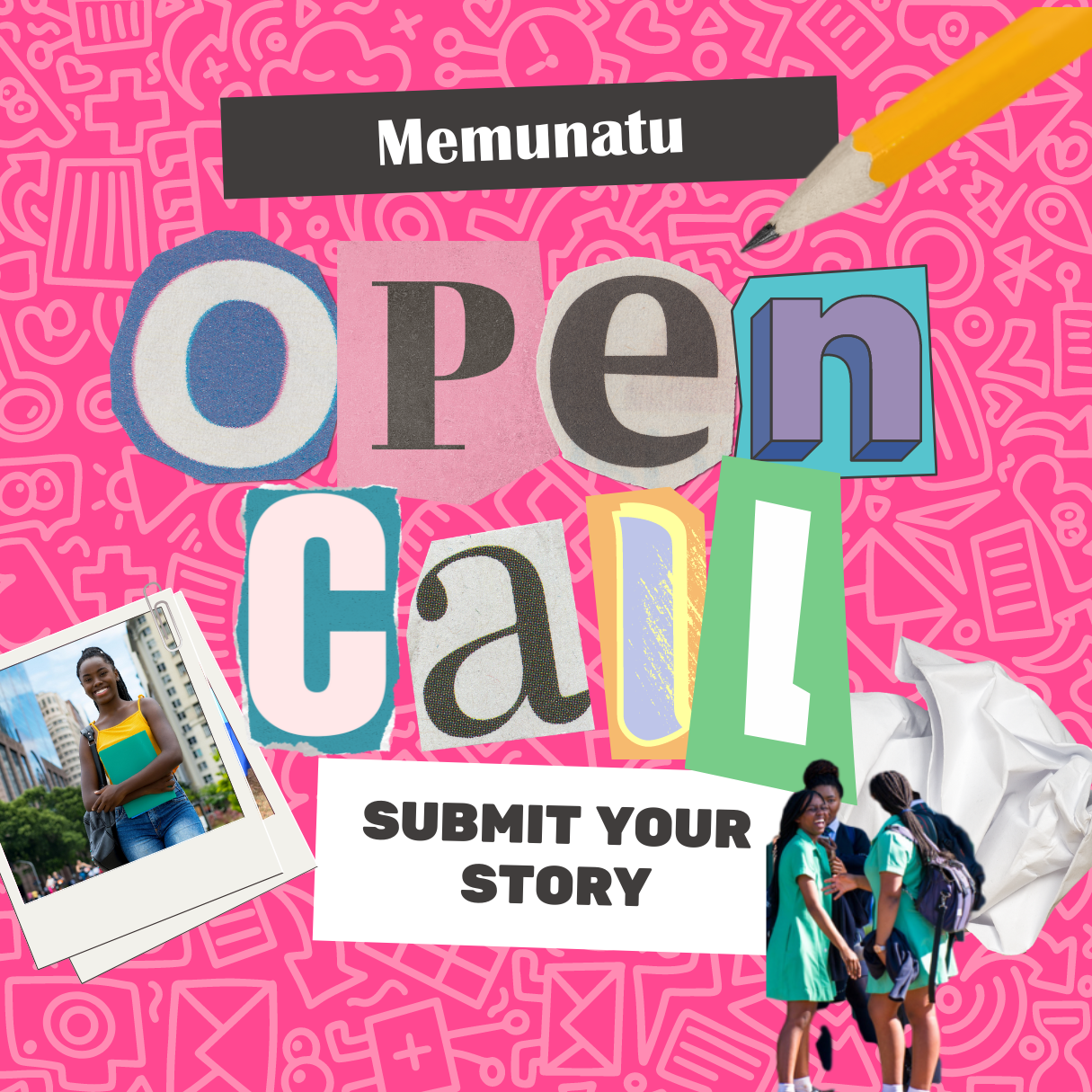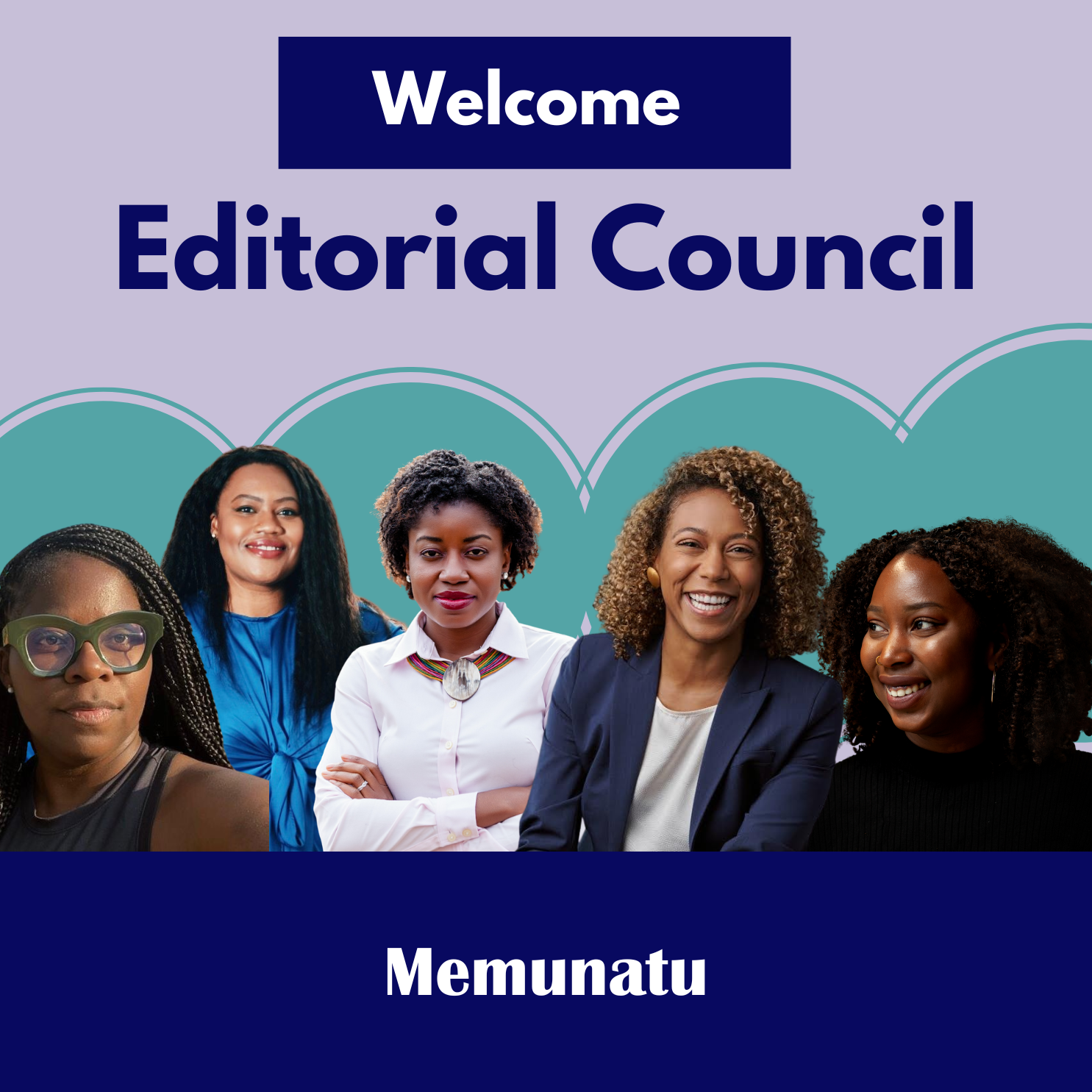What is one of the most effective tools we can use to empower others? Education! I firmly believe that through increased access to education, people can become unstoppable on their quest to reach new heights and achieve their dreams. This is why I decided to join the team at Memunatu!
I grew up in the DC Public School system, living for some time without realizing the disparities that exist in education within the DC community, the nation, and world. In DC today, only about 64% of students graduate from high school (DCPS 2015). That’s an astonishingly low number for such a developed city (and, not to mention, the capital of the United States).
Coming into college, I wanted to do work in education and study international affairs to further my knowledge about the issues that many individuals experience regarding access to effective literacy programs. After becoming involved in Jumpstart, a national pre-school literacy program implemented in low-income neighborhoods, I learned a great deal about the barriers children face when trying to receive a good education in the U.S. I fell in love with the program and its mission, and continued as both a member and team leader throughout my entire four years of college. I can say with ease that this program was the most meaningful activity that I have done throughout my college experience and fueled my passion for global literacy. I learned a great deal about the existing flaws of the public education system, the need for a dramatic change in the way that we perceive education, and myself.
When we look at global literacy rates in specific countries, the numbers are often even more bleak, especially for women. For example, in 2010, the literacy rate in Liberia was estimated at about approximately 44.5% for adult women (UNICEF 2013). These numbers and statistics represent much larger problems that we must work to solve: the gender gap, the literacy gap, the income gap, and more.
So, how can we work to bridge the gap? Well, for one, classroom experiences are some of the most critical to a child’s learning experience. Given that conditions may not always be steady at home and resources are sometimes unavailable outside of school, it is imperative to make use of classroom time effectively. For example, by reading to young children daily, we can spark their interest in reading and allow them to experience vocabulary that they might not otherwise hear at home. By providing access to literary resources, we enhance teachers’ ability to develop young minds. When we link storybook terms and ideas to activities for children, we can strengthen their overall understanding of a major theme or concept. These experiences contribute to an overall increase in comprehension and learning, and we should always be striving to improve on such experiences.
We need to find innovative ways to promote literacy and enhance students’ experience in the classroom. Instead of implementing programs across the board through a “one size fits all” approach particularly in countries that are still developing, governments and organizations should pinpoint and consider the issues that exist within each country or region then structure curriculum development accordingly.
This is part of the reason why I am so excited to be on the team at Memunatu. Our approach to education is unique and exciting, and I hope to continue to do meaningful work here in order to help expand our reach. By educating young women and partnering with organizations that also promote young women’s empowerment, we can create a domino effect in which women work to uplift themselves, their communities, and the world. What could be more empowering than that?
Sincerely,
Arissa Morrell
Development Intern
